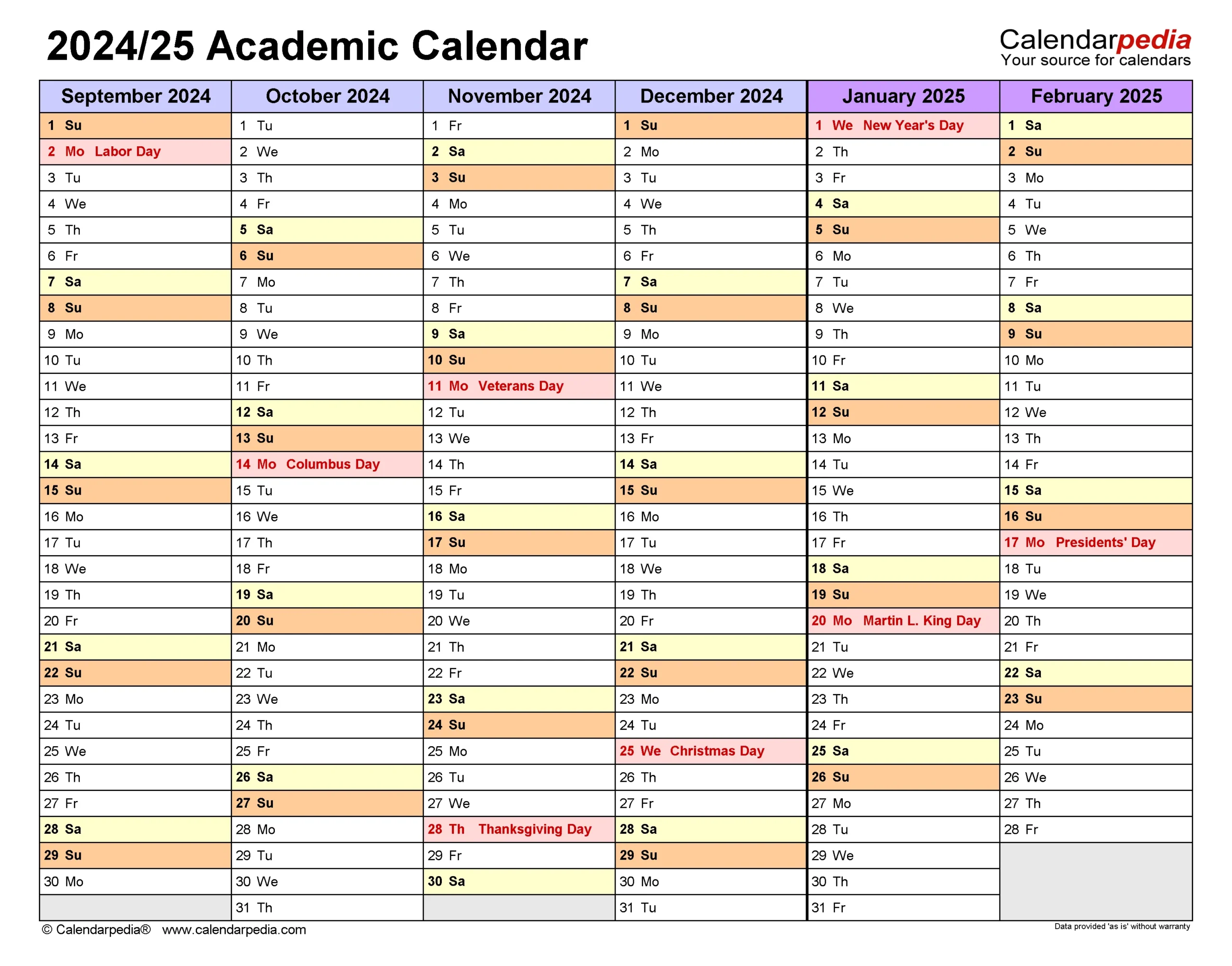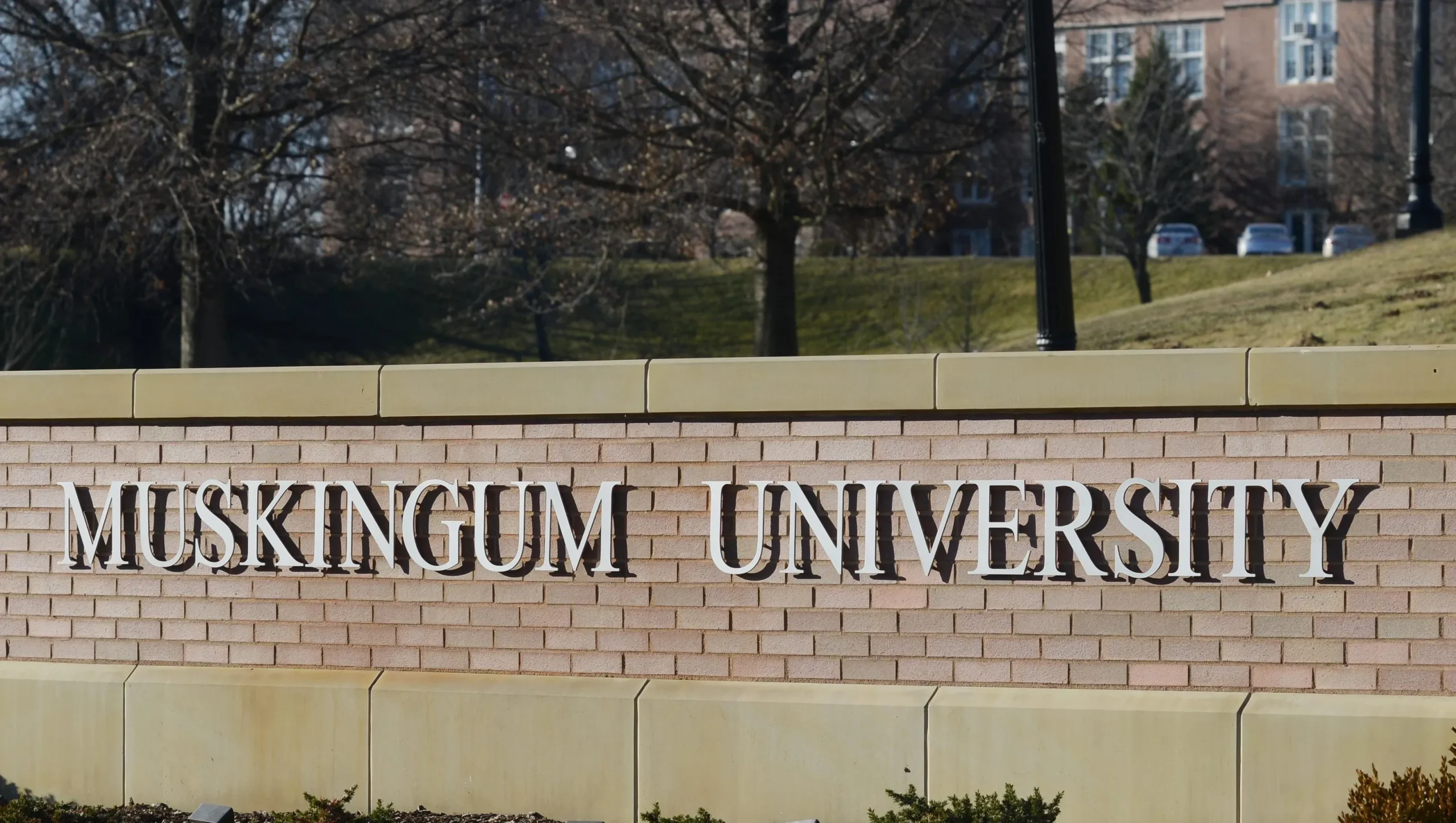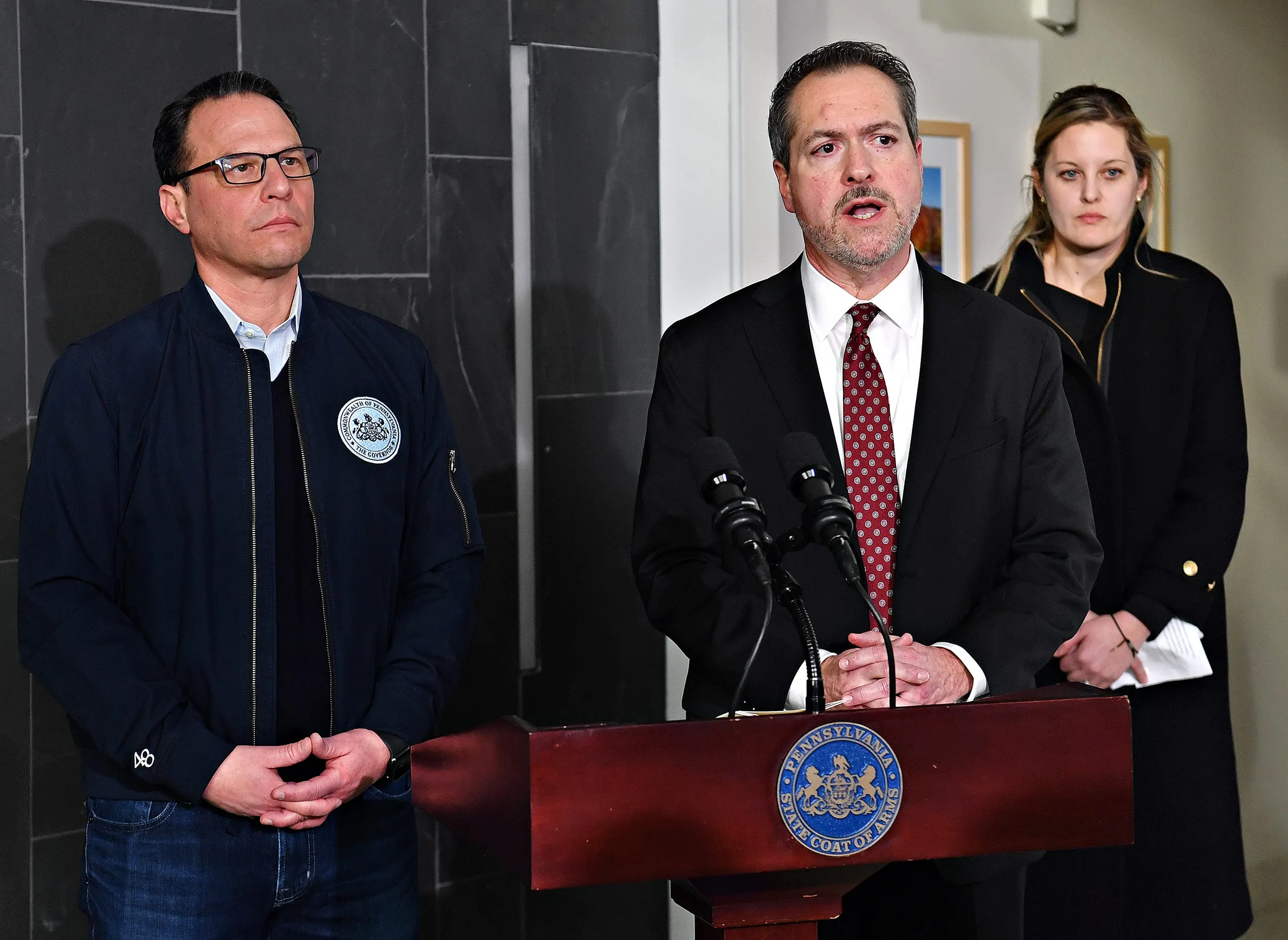CU Boulder Students Take a Stand: The Fight Against Clickbait Begins!
In an era dominated by digital media, CU Boulder students are rallying against the growing trend of clickbait—a phenomenon characterized by sensationalized headlines that often mislead readers. Founded by student Daniel Tuttle, the Facebook group “Stop Clickbait” aims to combat this frustrating practice that has increasingly infiltrated online content. As students express their discontent, this movement reflects a broader desire for authenticity and integrity in journalism.
The “Stop Clickbait” group has gained significant traction among students at CU Boulder, highlighting a growing awareness of the negative impacts of misleading headlines. Members share examples of clickbait articles, sparking discussions about how sensationalized content affects journalism and public discourse. “It’s not just about being annoyed; it’s about understanding the implications of these headlines on our ability to engage with real issues,” Tuttle stated in a recent interview.
This initiative aligns with CU Boulder’s rich history of student activism, echoing past efforts to promote media literacy and responsible consumption of information. The movement’s rise comes at a time when younger audiences are increasingly seeking genuine and informative content online. As social media platforms continue to amplify sensationalism, students are taking a stand to reclaim their online experiences.
The group encourages discussions surrounding the ethical responsibilities of content creators. Members emphasize the need for transparency in journalism and the importance of fostering trust between media outlets and their audiences. “We want to hold content creators accountable for the information they share,” said Tuttle. “It’s crucial for journalism to serve the public rather than sensationalize for clicks.”
In addition to raising awareness, students involved in the “Stop Clickbait” movement are advocating for educational programs that teach critical thinking skills related to media consumption. They believe that understanding how to discern credible sources from misleading content is essential in today’s digital landscape. This call for education reflects a growing recognition of the challenges posed by clickbait and its potential to distort public understanding.
The rise of social media has undoubtedly contributed to the prevalence of clickbait, prompting students to take action. Platforms like Facebook and Twitter often prioritize engagement over accuracy, leading to a flood of misleading headlines. “We need to push back against this trend,” asserted Tuttle. “If we don’t, we risk losing our ability to engage with important topics meaningfully.”
CU Boulder’s response to this initiative could set a precedent for other universities grappling with similar challenges. By supporting the “Stop Clickbait” movement, the university has the opportunity to position itself as a leader in fostering media literacy and critical engagement with digital content. The potential for collaboration between students and faculty in addressing these issues is significant.
As the conversation around clickbait continues to evolve, CU Boulder students are paving the way for a more informed and discerning audience. Their commitment to challenging the status quo is a testament to the power of student activism in shaping the future of media consumption. This movement not only seeks to improve the online landscape but also aims to cultivate a generation of critical thinkers who demand authenticity in journalism.
In conclusion, the “Stop Clickbait” initiative at CU Boulder represents a vital response to the pervasive issue of misleading digital content. As students come together to advocate for ethical journalism and media literacy, they are not only fighting against clickbait but also championing a more transparent and responsible media landscape. The impact of this movement could resonate far beyond the university, inspiring similar efforts at institutions across the country.






Leave a Comment